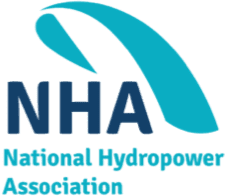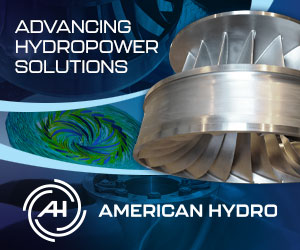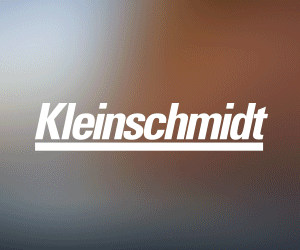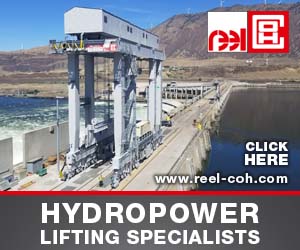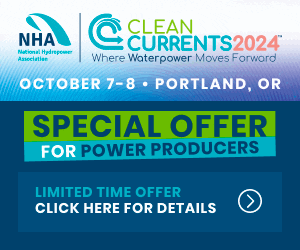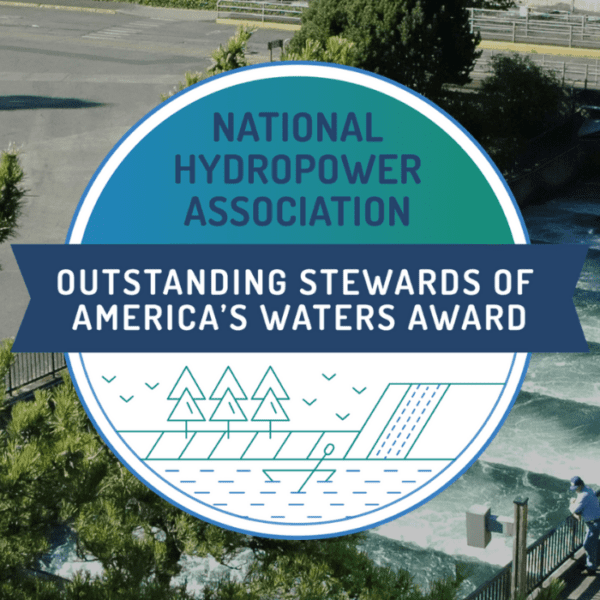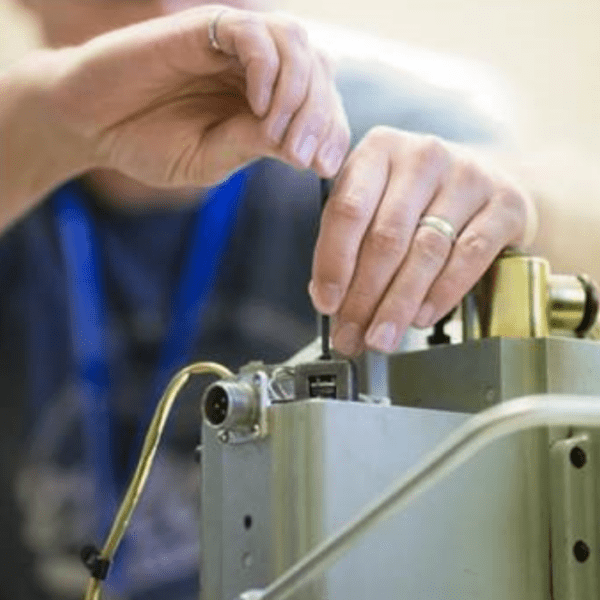As the United States’ largest source of renewable electricity for over 100 years, hydropower provides energy storage and essential services to the electric grid and generates jobs in rural communities across America. Yet, about a quarter of the current hydropower workforce is already eligible for retirement or will be within the next decade.
According to a hydropower curricula assessment conducted by the U.S. Department of Energy (DOE) Water Power Technologies Office (WPTO) and the National Renewable Energy Laboratory (NREL), college-aged students have a growing interest in a career in renewable energy, but they are largely unaware of hydropower job opportunities and the projected growth of the industry. Of the industry representatives that were surveyed, less than 10% said undergraduate and graduate students are well prepared for careers in hydropower when entering the workforce.
To pave the way for the next generation to start their clean energy careers and help advance the hydropower industry, WPTO and NREL are evaluating the need for a new hydropower collegiate competition in partnership with the Hydropower Foundation.
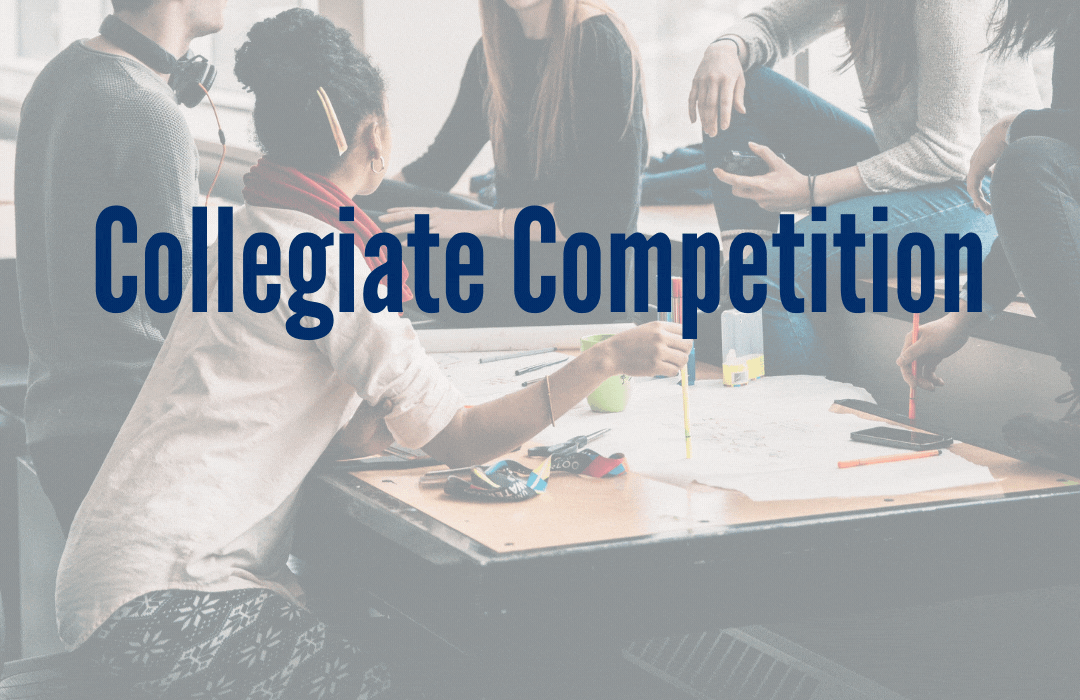
A hydropower collegiate competition would challenge interdisciplinary teams of undergraduate students from a variety of academic programs to identify unique solutions to complex hydropower challenges. In turn, university students will be given the opportunity to engage in an intercollegiate hands-on work experience and network with experts from the hydropower industry at Water Power Week, hosted annually by the National Hydropower Association.
The possible competition, in alignment with DOE’s intention to create a timely and efficient transformation of the U.S.’s energy system, could ask participants to explore how hydropower can play a critical role in reaching 100% clean energy. The specific challenge within hydropower may change each year to foster innovation, collaboration, and creativity and tackle evolving industry issues.
The competition would build on the success of the Hydropower Foundation’s Hydro Fellowship Program and Hydro Research Awards Program, as well as the Hydro Think Tank, a student-industry event designed to attract and recruit bright, capable students to hydropower and leverage lessons learned from other DOE collegiate competitions, including the Collegiate Wind Competition and the Marine Energy Collegiate Competition (MECC).
In 2019, DOE launched the inaugural—and now annual—MECC to provide college students the opportunity to build real-world experience and professional connections that will help them land jobs in marine energy. Managed by NREL on behalf of DOE, MECC calls on undergraduate and graduate participants to develop a market-research-supported business plan and conceptual-level technical design of a system that could be commercialized to address power needs for a chosen sector of the blue economy. The teams pitch their plan to a panel of judges and hypothetical investors and participate with their local communities in outreach and educational activities during the competition.
Since its inception, an estimated 480 college students on 48 teams from 47 different academic institutions have participated in MECC. These institutions have included one historically Black university; one community college; 14 United-States-based minority serving institutions; seven Hispanic serving institutions; eight institutions that serve Asian Americans, Native Americans, and Pacific Islanders; and 10 international institutions. While few institutions provide marine energy-specific advanced degrees, related experience is highly valuable when pursuing blue economy workforce opportunities, ranging from research and engineering to education and communication. MECC highlights how collegiate-level competitions can help advance the marine energy industry and other renewable energy industries, like hydropower.
By recruiting bright, talented college students from various academic disciplines and departments, skill sets, geographies, and backgrounds, the potential hydropower collegiate competition could help grow hydropower industry workforce that is competitive in the global marketplace and reflects the diversity of the hydropower industry.
To stay informed about WPTO’s Science, Technology, Engineering, and Mathematics (STEM) and competition updates, sign up for WPTO’s Water Wire newsletter and visit the Hydropower STEM and Marine Energy STEM portals.
Follow MECC to learn about the 2022 competition.

